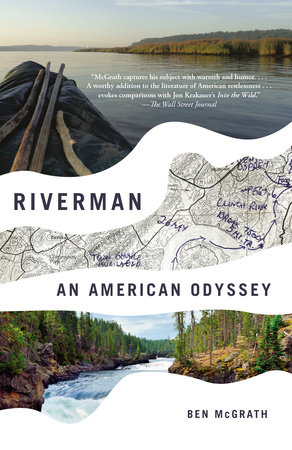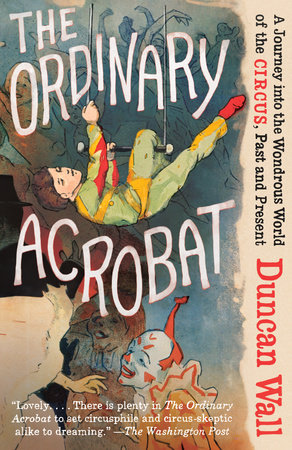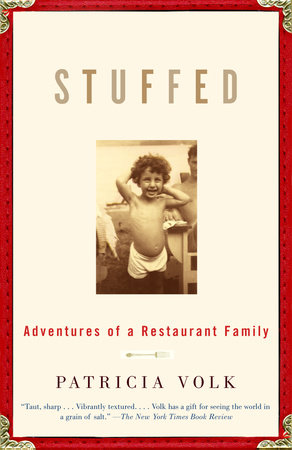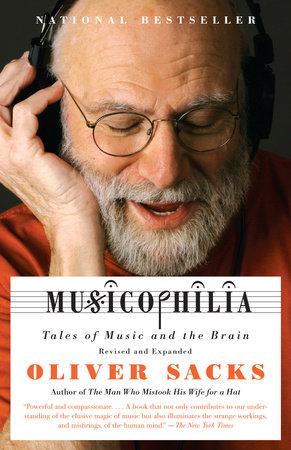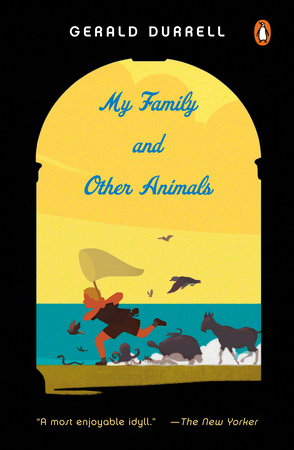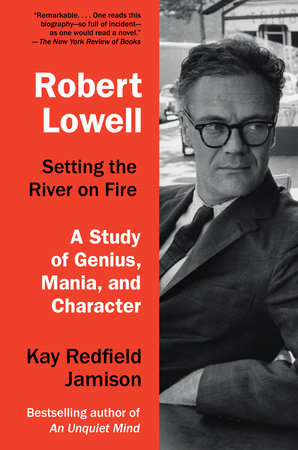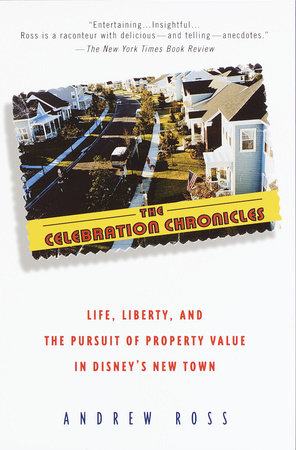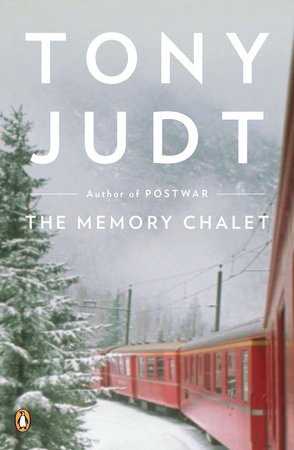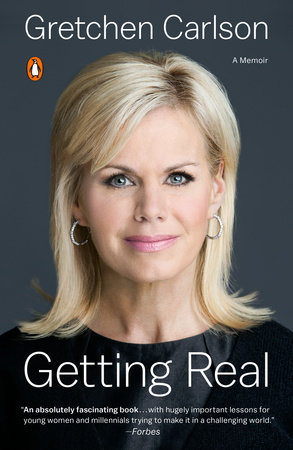RIVERMAN: An American Odyssey by Ben McGrath
Q&A with Ben
1. Q: What initially drew you towards Dick and made you want to write about him?
A: The first thing was that he didn’t have a stated objective. He wasn’t trying to “raise awareness” of anything—cancer, climate change, veterans’ needs. Nor was he trying to set any kind of arcane record. Not to be too cynical about it, but in the Internet age people always seem to be clamoring for attention by attaching themselves to unimpeachable causes. The fact that Dick was just doing this for himself presented an intriguing mystery—even before the secondary mystery of his disappearance. The word authenticity gets overused a lot, but it was immediately apparent that there was nothing phony about him, no pretension.
Also, we now live in a world without real frontiers—thus all the Mars/Musk talk. I was increasingly drawn to the idea of a latter-day explorer who probes from the inside out, traversing the oldest routes and finding remnants of pioneer spirit and genuine wildness in a land ostensibly overtaken by Amazon and Walmart. A comment from a man I met in a tiny Indiana town on the Ohio River stuck with me. He was going on about all the globetrotting he’d done, and how “plastic” everything had become, part of the same late-capitalist “rat race.” By contrast, he said, the riverbank we were standing on, formerly Squire Boone country, was now “off the edge of the world.”
2. Q: Towards the end of the book, one of Dick’s many acquaintances asks him what his “whole purpose” is. What do you think his “whole purpose” was?
A: I think his purpose was to boost his self-esteem, and in that sense he was exactly like the rest of us. He just chose a highly unusual way of accomplishing that goal. As a child, he’d been a star, not just a face in the crowd. In river towns, he was often greeted like a celebrity, and this enabled him to feel an improbable sense of continuity between his promising youth and his frustrated middle age.
3. Q: In many ways, Dick represents a traditional American ideal – that of the pioneering explorer – and the failure of the American Dream – the house, kids, and dog. How can we reconcile these two conflicting visions of America that Dick represents? Is Dick an American hero or someone who fell through the cracks of American society?
A: Dick is an American hero in my mind, no question, but a large part of what animated this project was the opportunity to complicate our understanding of some of that national mythology. Meriwether Lewis is now thought to have been bipolar. He struggled with alcohol, and likely committed suicide at age thirty-five, within a few years of returning from the voyage that cemented his legacy. Johnny Appleseed never married. The frontiersmen in general were desperate characters, or they wouldn’t have lit out for the territory in the first place. I liked that Dick was honest about the inherent conflict in these ideals in a way that young searchers carrying dog-eared volumes of Thoreau in their backpacks often aren’t.
4. Q: Speaking of American contradictions, what do the small towns and forgotten waterways Dick paddled through reveal about the America we rarely see represented in the media?
A: That it is more tolerant and forgiving—even appreciative—of strangers and of dissimilarity in general than I think the stereotype often recognizes. One has to be careful with this, and in bringing it up I’m reminded of a question I got more than once when visiting college classes: how would Dick’s experience have been different if he were Black? I don’t think there can be any doubt that he would have encountered more suspicion, at a minimum—which, for a person with a paranoid temperament, would have compounded the challenges. (Not that he didn’t have plenty of challenges as it was.) But when a river runs through a town, however small or remote, you can’t help but feel a connecting thread to somewhere beyond. Rivers are cosmopolitan forces, ever capable of delivering the unexpected. They expand the sense of possibility, and cast your mind outward rather than inward. You can’t really close ranks around a river, the way you can around a lake or a mountaintop. As a result, the people in river towns tend to have a weary worldliness about them. Misfits “wash up” in river towns just as they migrate to Alaska. They are accepted easily, almost with a shrug.
5. Q: Dick has an idea of himself as someone who doesn’t fit into society. Can you speak to Dick’s complicated perception of himself, and how canoeing provided a respite from that?
A: I have a Post-It note tacked above my desk that reads, “Civilized life is harsh and friendless,” which is a line from one of Dick’s journals. He was lonely—in spite of being, at heart, an intensely social person. He wanted friends. He just wasn’t capable, as an adult, of sustaining conventional relationships. He was, however, exceptional at making new friends. So canoeing was a kind of life hack that enabled him to achieve a more-or-less continuous social life in the society of riverbanks. It’s not that the immersion in nature wasn’t significant. It was. But it took me a while to realize that the primary benefit of these trips that seemed to an outsider like they were all about setting off alone into the mist… may have been social.
6. Q: Dick is someone who clearly does not have a home, yet he does not consider himself homeless. What does it mean to make a system of rivers your home, and to rely on the kindness of strangers for survival?
A: A friend of mine once said that Dick seemed like a domesticated animal—or a stray cat, perhaps. He could role-play well enough to be rewarded with supper, before skulking off into the reeds. He lived adjacent to society, not in full retreat from it. You can do that on a river system—both because there’s water, if you’re thirsty, and because if you follow any river far enough you’re bound to find other people—in a way that you can’t, really, in the mountains or the desert. Also, because rivers often flood they leave these marginal flanks that turn out to be relatively safe for trespassing. The land isn’t stable or valuable enough to be worth excluding vagabonds. It becomes quasi public space: the muck zone.
7. Q: Can you speak to Dick’s mental health struggles? How did his paranoid tendencies impact his relationships with the many acquaintances he picked up along his journey, and how did he manage to charm everyone he met despite his inability to stay in touch?
A: He lived in fear of overstaying his welcome. The longer he stayed put, the greater the chance that he would come to worry that this or that person was unfairly judging him. So he often fled preemptively. Sometimes he thought relationships had already soured by the time he left—but when I called those people, years later, they tended to remember him only fondly. When he was feeling convivial, he didn’t really give any indication that anything was amiss. You had to wonder, of course, because of, well, everything: his appearance, the heaps in the canoe, the nature of the mission itself. But in conversation he could pass for the best dinner-party guest you’ve ever imagined. So I think that’s where a lot of the intrigue came from: here was this guy who, on some level, had to be crazy, but he was so disarming. It kept you listening, waiting for a tell.
8. Q: Is Tracy real? Dick says he’d prefer to be home with a woman than on the river – so if she is real, why wasn’t he at home with her?
A: Tracy is both real and not real. There is a woman with that name who met him while walking her dog in Montana. Did they ever see one another again? If I had to bet, I would guess the answer is no. She became an incentive more than a person: he had this idea that he needed to prove himself worthy of finally settling down with her, that she wouldn’t accept him until he straightened out his problems. If he worried that he was drinking too much, he reminded himself that Tracy wouldn’t tolerate a drunk. As long as the possibility of returning home to her remained alive in his mind, he had reason not to give up. It’s a chauvinist notion, of course. The attributes he wrote into her character were so generic that even if she were real, you’d have to wonder whether he really cared about anything other than how she reflected on him. But she served a crucial purpose.
9. Q: Why did you choose to focus on Dick’s family relationships, and what did they reveal about how his upbringing made Dick who he was?
A: In a number of ways, he had a kind of All-American upbringing, and I wanted to explore that in some depth to convince readers that this could be any of us. But his father, the Colonel, really drummed a sense of historical destiny into those kids. I believe that’s where the scope and ambition of Dick’s project came from. Even before he turned to canoeing, he tried working on the railroad and in the oil boom, jobs that fit a grand narrative of national greatness. Narrative is the operative word there: Dick made sense of his life through storytelling. That’s another thing he inherited from the Colonel, who was always described as a great raconteur and a world-class name-dropper. You could almost say that Dick was less an explorer than a wandering minstrel, collecting anecdotes along the banks and recounting them far and wide, trying to enchant others the way the Colonel captivated his sons with his war stories.
Another part is that when lives go awry, people naturally try to point to a traumatic trigger. There, too, Dick’s story seemed to touch on all the clichés: divorce, alcoholism, suicide, bad acid trips, even the hint of molestation by a priest. “I am not merely the sum of my actions and personality and education and so on,” he wrote. “I am also a result of things happening to me and my responses to them.” It’s ultimately the response, in the form of taking to the water, that captivates us, not the damage itself, and in that respect the Rosebud element of his upbringing may have been the Twain-tinged days exploring the Hackensack River in an old dinghy.
10. Q: Dick was remarkably well-read, and much of the belongings found reveal a great deal about him. What does the media Dick consumed (Louis L’Amour, Robinson Crusoe) say about his hopes and dreams?
A: I think his reading gave him a context for understanding (and even aggrandizing) his plight. He’s got dysentery and he’s reading “The Plague”: see, such is life. He read a lot of quest narratives, and of course he ended up using that literary trope as a kind of cover story for his own rootlessness. Also, you can’t be as well-read as he was and not recognize, if subconsciously, that Tracy is a dream ripped straight from the pages of Cervantes. Here we have Don Quixote, the original roving romantic, declaring that there “cannot be any knight-errant without a lady, for it is as proper and essential to such to be enamored as to heaven to have stars.” Is he mad? Later, he goes on: “And yes, not every poet who praises a lady, calling her by another name, really has one… most are imagined in order to provide a subject for their verses, and so that people will think of them as lovers and as men who have the capacity to be lovers. And therefore it is enough for me to think and believe that my good Aldonza Lorenzo is beautiful and virtuous… And to conclude, I imagine that everything I say is true, no more and no less, and I depict her in my imagination as I wish her to be…. Let each man say what he chooses; if because of this I am criticized by the ignorant, I shall not be chastised by the learned.”
11. Q: Dick seems to have been quite a prolific writer and a talented artist. How did his creativity influence the way he participated in the world?
A: His longstanding sense of himself as an artist made him comfortable with the idea of nonconformity—of standing aside and observing. As a writer, though, what stands out to me isn’t his creativity but his obsession with raw information. This is doubly important, because not only did it prove essential for him, as a form of mental health support, but it literally made my own work following in his wake possible. What I mean about the mental health is that we are talking about a man who wrestled with the possibility that he could be delusional—and who, arguably as a result, documented everything. He took countless photos, saved all his receipts and business cards, and wrote down the names—and addresses, and phone numbers—of seemingly everyone he encountered. And wrote down everything they told him. This was sort of the opposite of a creative impulse. He amassed facts, like a journalist. And my theory is that his army of facts was a defense against the suspicion that anything he believed was happening could be doubted. Understandable given how implausible so many of his experiences sounded to a layperson! Yet how could it be doubted when the evidence was all right there? All those facts were a grounding device for a man whose mind risked flight. And they were a gift to me, another journalist, whose job was to repurpose them for my own creative cause.
12. Q: How did Dick maintain such a generous spirit and strong code of ethics amidst even the most brutal hardship?
A: This is the crux of it all, the miracle of Dick Conant. I’m tempted to say that it wouldn’t have been possible if he hadn’t stepped into the Salmon River on his 43rd birthday, set himself afloat, and found a way to salvage some connecting thread to the spontaneous golden boy—everybody’s best friend—he’d once been.
13. Q: You make clear that for Dick, the joy of the journey was in its digressions. What can we learn from Dick’s way of life?
A: Following digressions is something that requires the luxury of time, which many people don’t have. Though I think the pandemic we’ve just come through taught a lot of us that we hadn’t been valuing our time properly. “My time is my own, and it belongs to me,” was one of Dick’s chief operating principles. When I read now about economic trends with names like the “Great Resignation,” I can’t help but think that the whole culture has shifted slightly in Dick’s direction. Similarly, there was the boom in boat buying back in 2020, as everyone feared being trapped in their homes and indulged in escapist dreams. I find it at least a little interesting that when the world faced and sudden crisis, people en masse started thinking a lot more like a guy whose response to his own personal crisis had previously made him seem like a remarkable outlier.
14. Q: What do you think happened to Dick in the end?
A: I think the likeliest scenario involves a heart attack, and an attempt to seek help that didn’t get any farther than dense woods. But I admit that I can’t entirely discount so-called foul play.
15. Q: What about Trump?
A: One of the things that pleases me about this book is that the word Trump does not appear in its pages. I also realize that it may seem strange to be publishing a book in 2022 about America that does not explicitly acknowledge our current political situation. Dick Conant was blessed, in a sense, to have embarked on his last voyage before the last two elections and any vague sense of impending civil war. Conservatives and liberals alike tended to find common cause with him, and he, in turn, spoke of discovering the country, writ large, without ever articulating a sense of cultural whiplash between red and blue zones. Would that have been possible in the last few years, with Trump claiming the waterways for his own flotillas (“my beautiful boaters”)? I sometimes wonder, but can’t really say I know.
16. Q: How reliable a narrator is Dick Conant, given his penchant for paranoia and his habit of talking about a fictional romance?
A: He is a more reliable narrator than the average person, not less. I began my career in journalism as a fact checker, so I have a great deal of experience with holding up people’s differing accounts of experience to scrutiny. Like you, I also have a family, and have learned over time to discount this relative’s claims by thirty percent as a matter of course, and to account for the fact that that relative always omits exculpatory details involving her nemesis, say. A great many people are sloppy with details, or indifferent to them. Let’s stipulate, for the sake of argument, that a typical honest person’s story of his day is only about 82% accurate, whether through carelessness or tunnel vision. My belief—after having interviewed more than 200 people whose names turned up in his effects, and after cross-checking a lot of his incidental asides against the historical record—is that Dick Conant’s account is more likely to be 87% accurate. I say this in spite of the fact that he transparently slips the bounds of reality when talking about Tracy or his own mother, and sometimes imputes horrendous motives to people whom he suspects of slandering him. You spend enough time in and around his prose, and you can spot the paranoia fairly easily. The vast majority of what he says is just piling facts on top of facts, and if push came to shove, I would probably trust his facts over yours.
17. Q: How concerned were you about the moral responsibility involved in combing through a storage locker’s worth of stuff without the protagonist’s explicit permission?
A: Very. Dick wrote a lot. You could make a case that graphomania was one of the conditions he struggled with. For a biographer, which in a sense is what I became, this is bounty. But I tried to distinguish between different kinds of writing. Some of his writing was actually intended for public consumption: he edited it, typed it, added photographs, mailed copies to friends, etc. (He even had a guide to finding literary agents in the canoe with him, and had jotted notes about the genres he thought his work touched on.) I tended to consider that writing fair game. When it came to his handwritten journals, or even to his stray jottings on scraps of paper, I was more cautious, and quoted only sparingly. I tried to remember that most of us have millions of fleeting thoughts, many of them unwise or unkind, that pass in and out of our heads with our moods, un-acted upon, and nobody ever holds us to account for them. We should be grateful for that. Dick sometimes wrote those thoughts down, and unless they were indicative of something important to the story, it didn’t feel right or fair to me to amplify them or hold them up to scrutiny. My aim, in the end, was to avoid falling into a tonal trap that I call “forensic glibness,” where the indisputable physical documents in front of you make you lose sight of the fundamental complexity of a human being.
